U.S. extends temporary license allowing some American firms to sell to 5G supplier Huawei

Last May, the U.S. Commerce Department placed Huawei on the entity list for security reasons. Huawei is considered to have close ties to the communist Chinese government and lawmakers in the states call the company a "national security threat." Being placed on the entity list, Huawei is not allowed to access its U.S. supply chain. This is a hardship for both Huawei and the U.S. tech firms that Huawei spent $18 billion on in 2018.
The U.S. wants to extend to May 15th a temporary general license allowing certain shipments to be made to Huawei
Huawei is the second-largest smartphone manufacturer in the world after Samsung and is the largest global supplier of networking equipment. To help Huawei service its customers, which include wireless operators serving rural Americans, the Commerce Department has allowed some U.S. firms to sell supplies to the Chinese manufacturer. To that end, the U.S. has issued a series of temporary extensions allowing some of Huawei's American suppliers to sell to the company; the latest extension expires on April 1st.
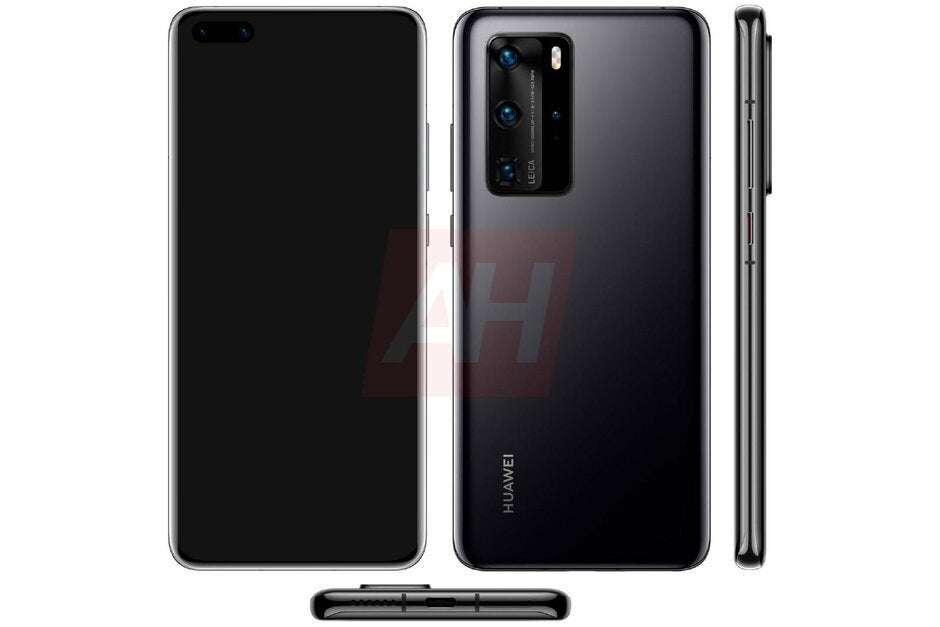
Render of the upcoming Huawei P40 Pro which will use the brand new Huawei Mobile Services
Reuters reports that the Trump administration has decided to extend the license to May 15th, which would be almost exactly one year to the day that Huawei was placed on the entity list. At the same time, the Commerce Department seeks comments from the public on matters such as whether it should continue to issue the extensions, what the impact would be to companies if the temporary general license is not renewed, and what costs U.S. firms might face if the Commerce Department stops issuing these extensions.
The Commerce Department says that thanks to the license extensions, rural carriers in the states have been able to provide service to its clients who live in remote areas of the country. Many of these wireless providers have 3G and 4G networks that use Huawei's networking gear. The FCC is in the midst of collecting data from rural carriers so that it can estimate how much it would cost to remove Huawei and ZTE equipment from these networks and replace the equipment.
Last month, a bill passed by Congress orders the government to reimburse telecom firms with less than two million customers for the cost of removing networking equipment provided by companies said to be national security threats. Besides the high cost of removing this equipment, these carriers are going to find it difficult to replace the gear they are forced to remove. It turns out that Huawei's networking gear is 12 to 18 months ahead of the competition in terms of technology; in addition, thanks to its ties with the state-run bank in China, Huawei is able to offer customers generous financing terms.
The U.S. has been trying to keep Huawei and ZTE equipment out of the new 5G networks being built in the states. President Trump signed an executive order last May that prevents U.S. wireless providers from using gear sourced from companies deemed to be national security threats to the U.S. And the Trump administration has asked allies not to use Huawei equipment on their 5G networks. Australia and Japan heeded the warning and Germany did not. Britain is allowing 35% of its new 5G networks to use Huawei gear as long as it is not located near sensitive areas.
Huawei's biggest loss has been its inability to license Google Mobile Services for its international phones. This didn't hurt Huawei so much in China last year because most of Google's core Android apps are banned in the country anyway. But it did have an impact on international models that can not use the Google Play Store, the Google ecosystem and apps like Google Maps, Google Search, Gmail, Google Drive, and more. As a result, Huawei has developed its own ecosystem that will launch in the upcoming Huawei P40 series.
Despite being placed on the entity list, Huawei still shipped approximately 240 million handsets last year. That placed it behind Samsung, but ahead of Apple.
Follow us on Google News







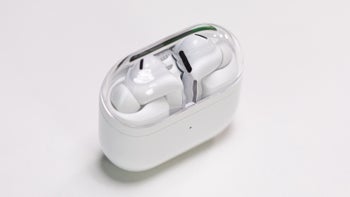
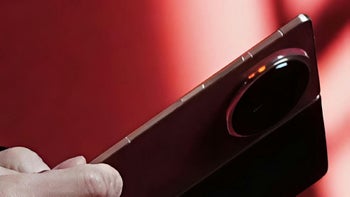
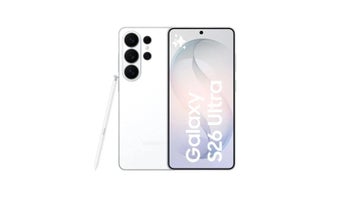
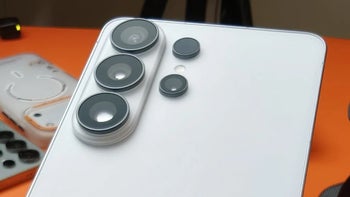
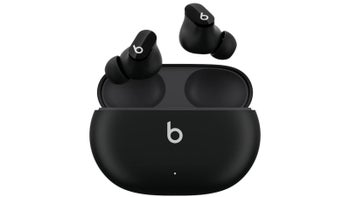
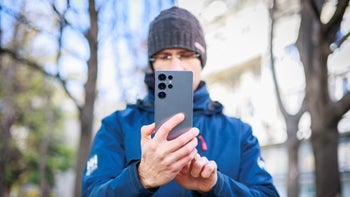
Things that are NOT allowed:
To help keep our community safe and free from spam, we apply temporary limits to newly created accounts: